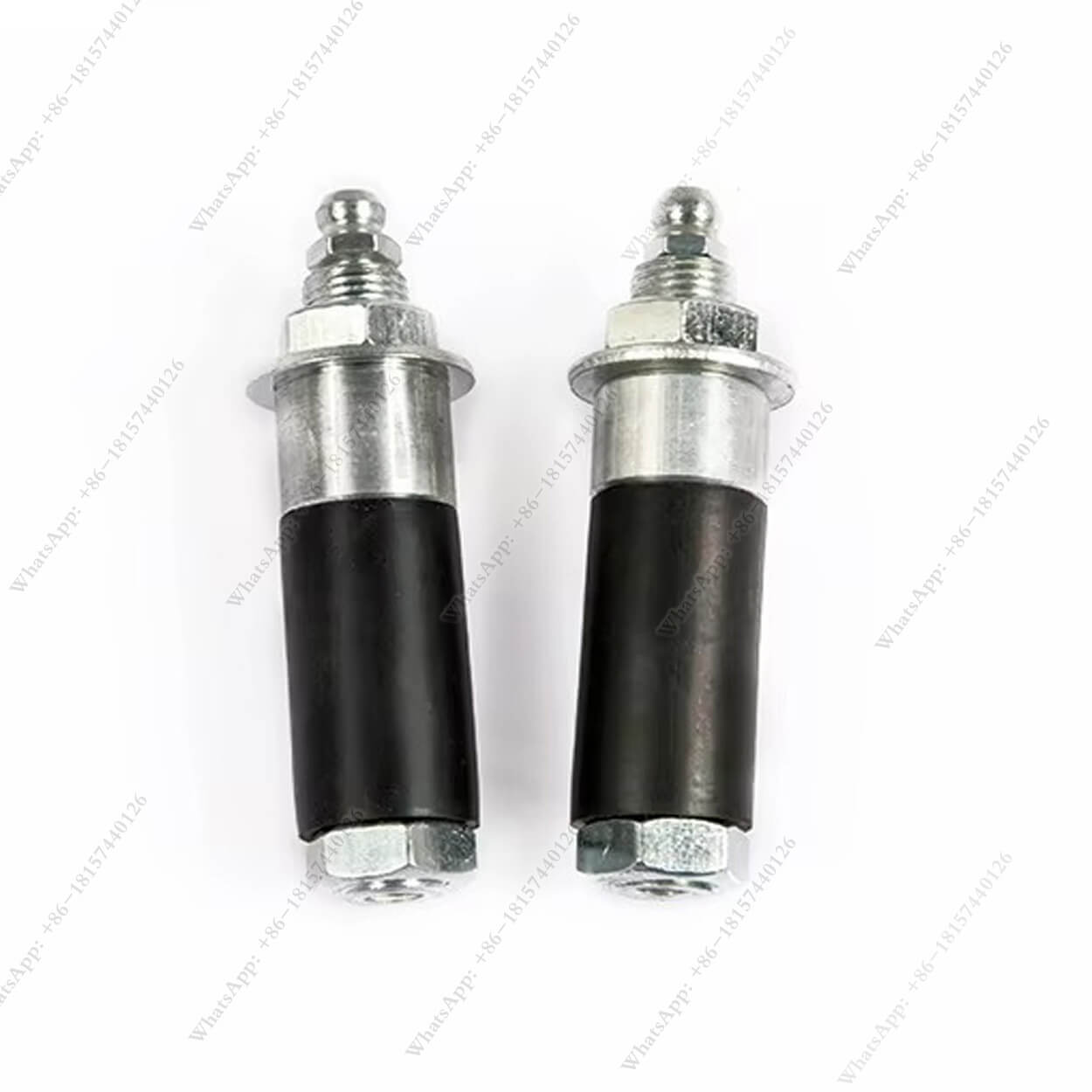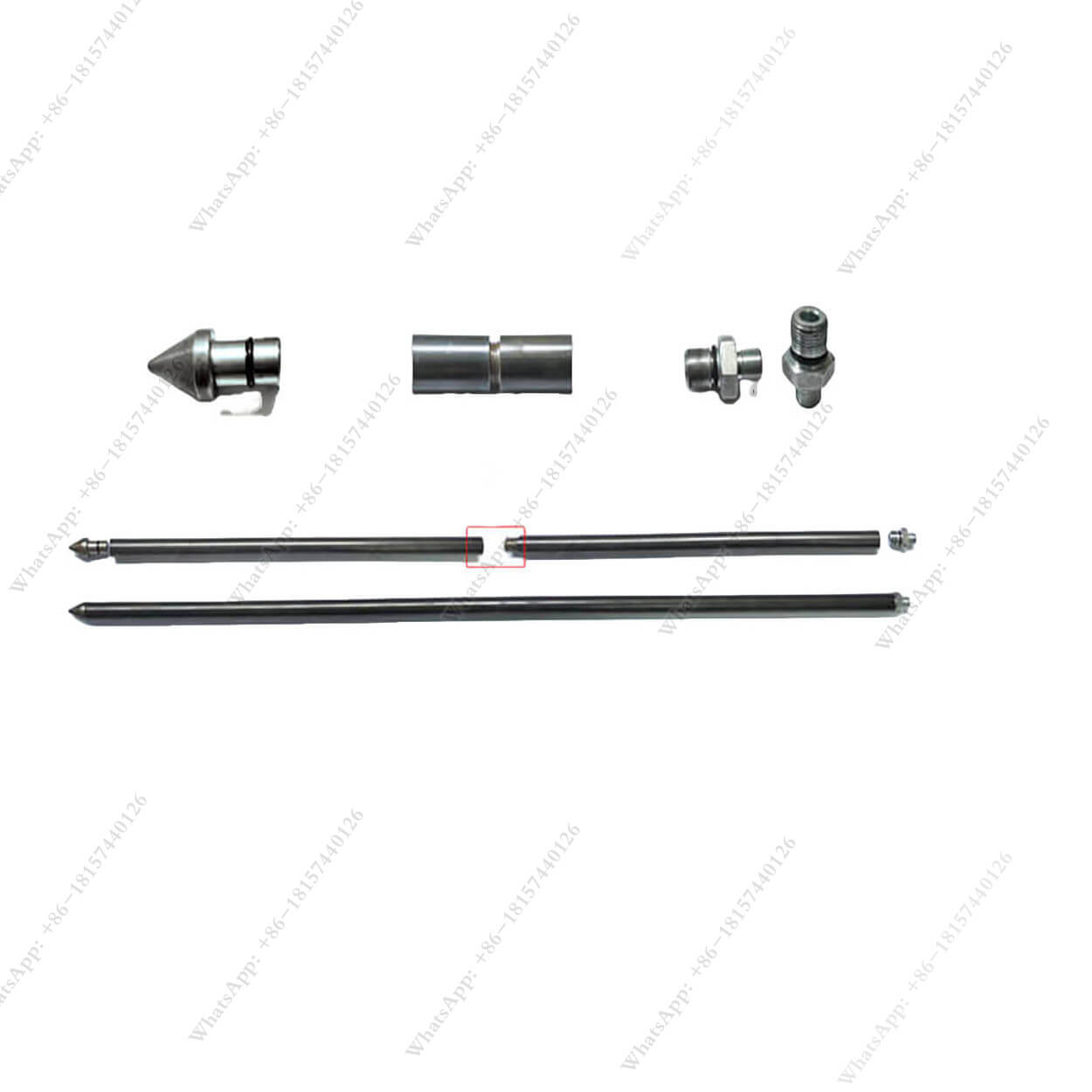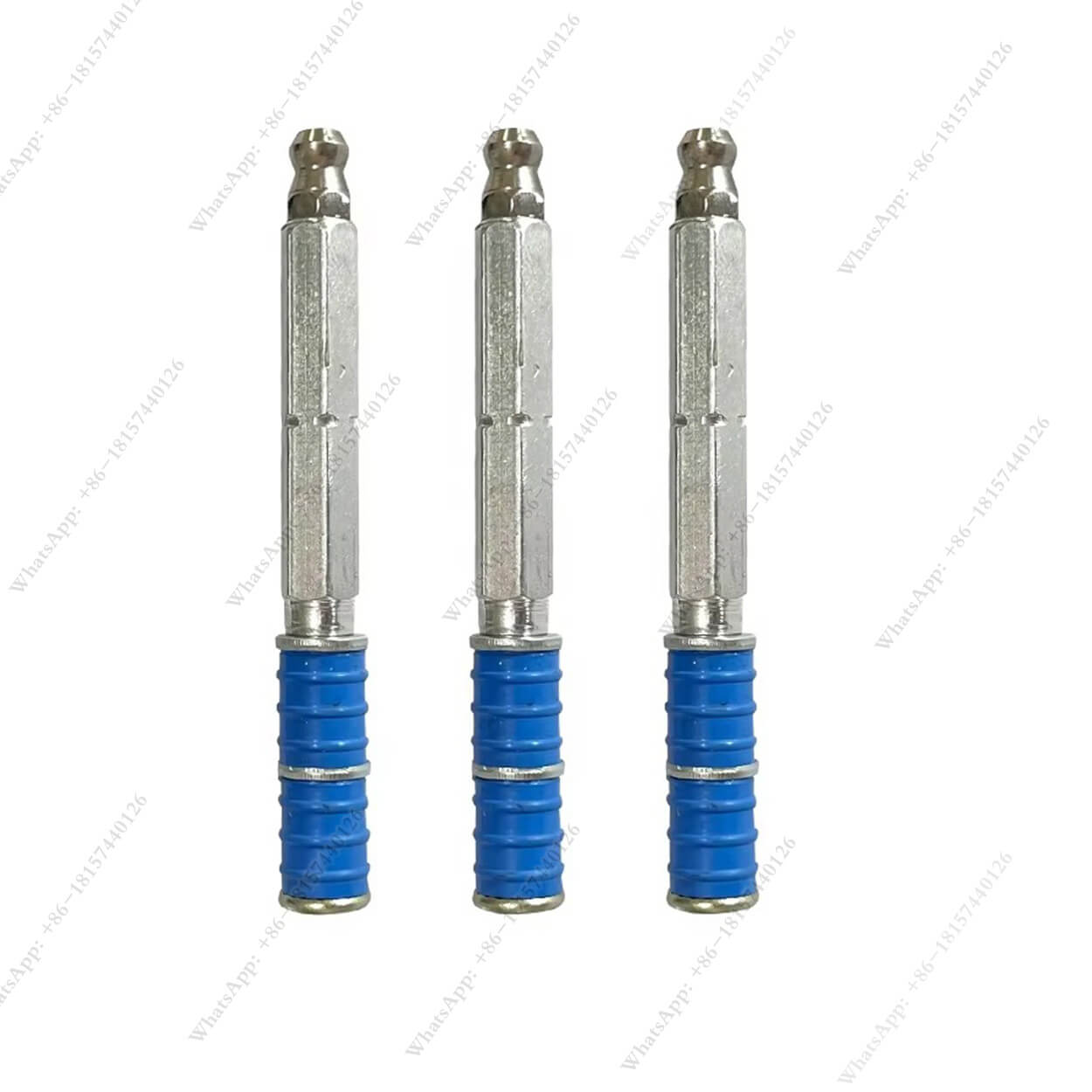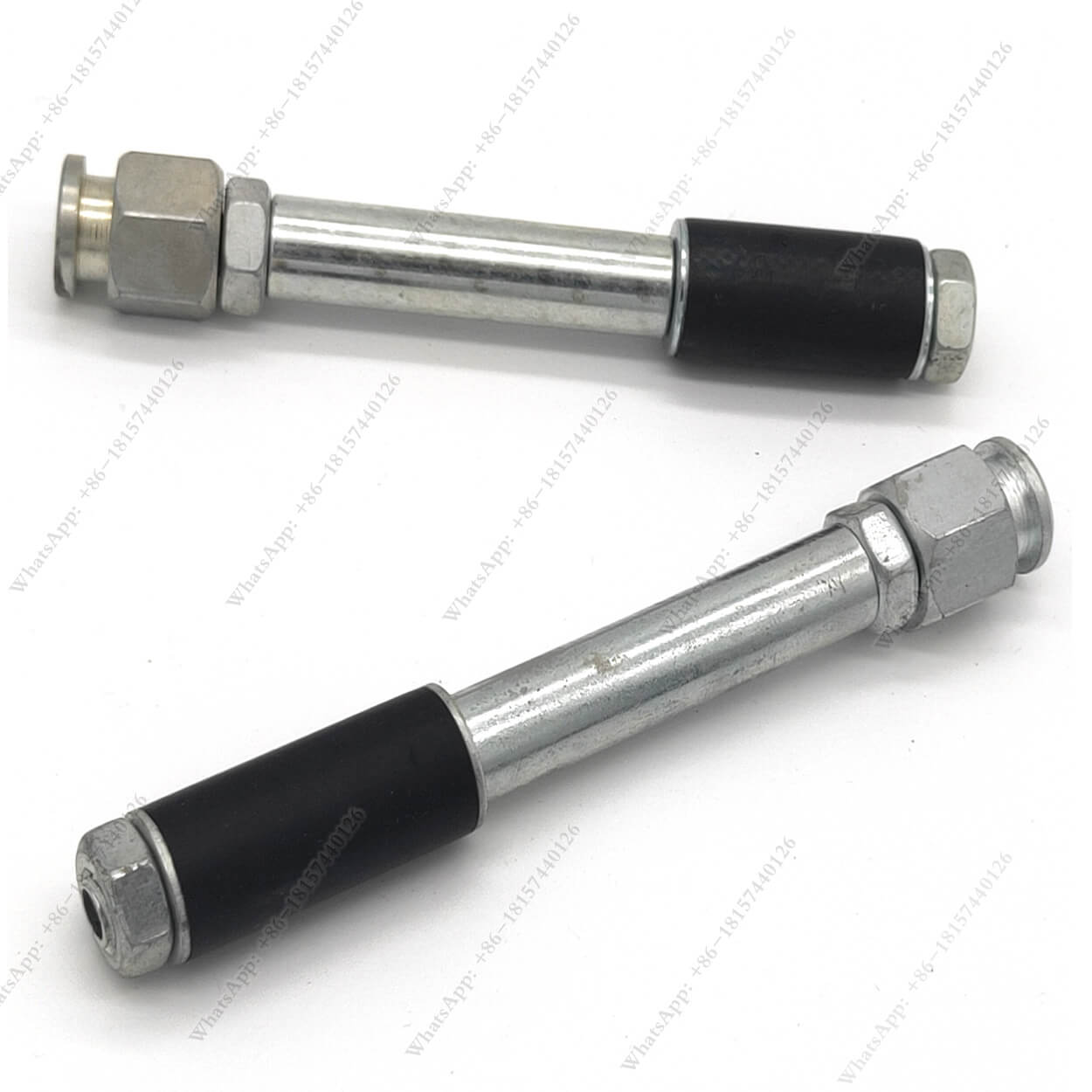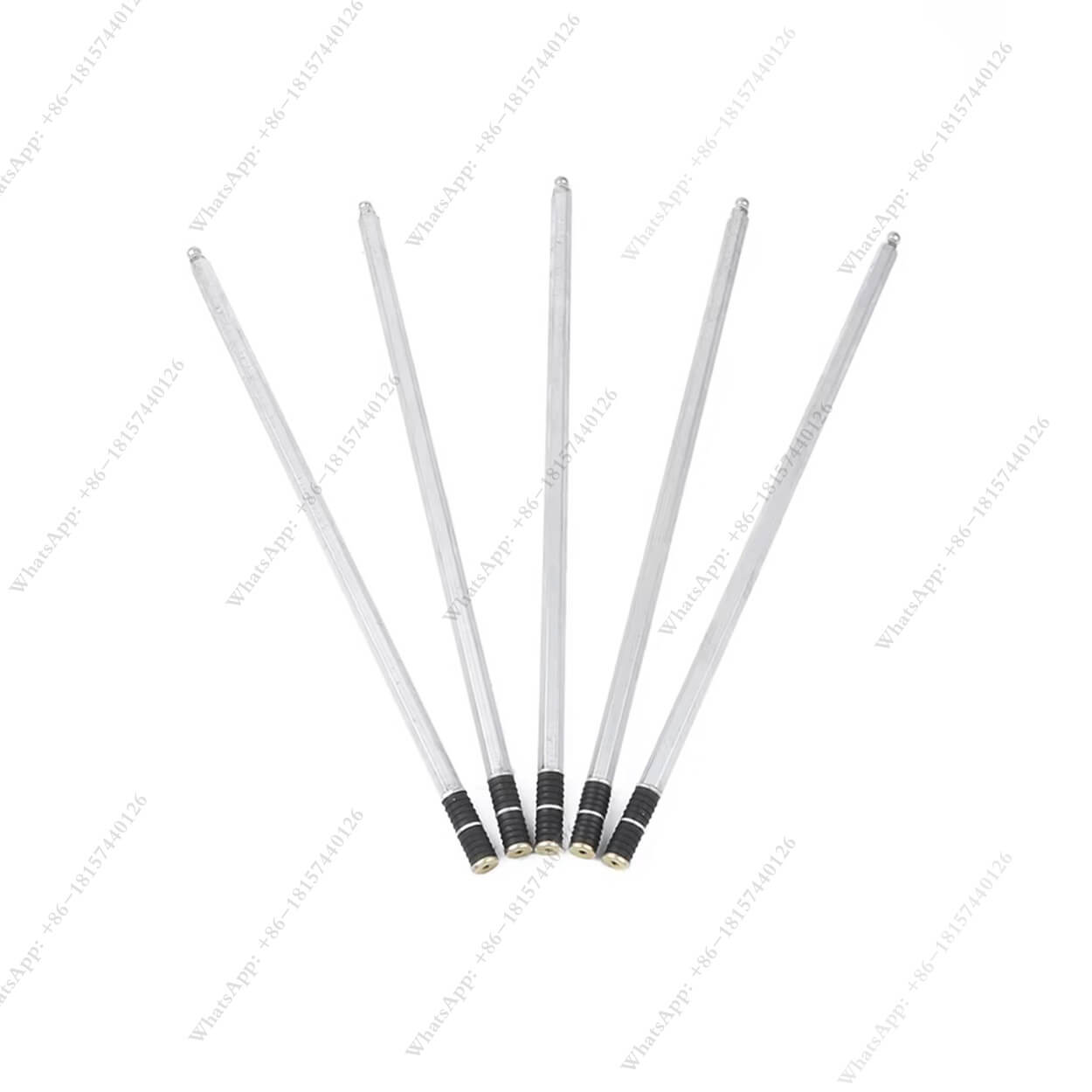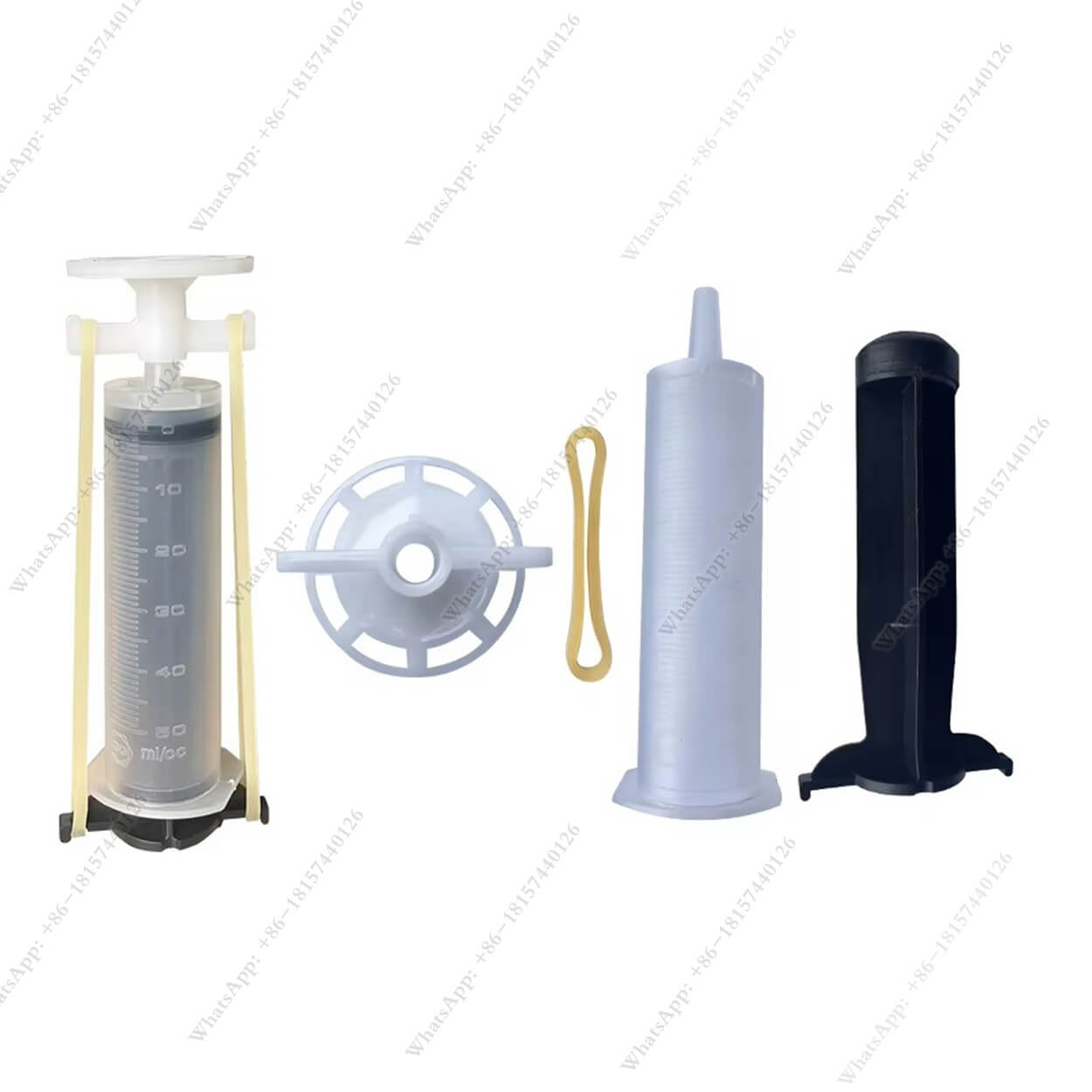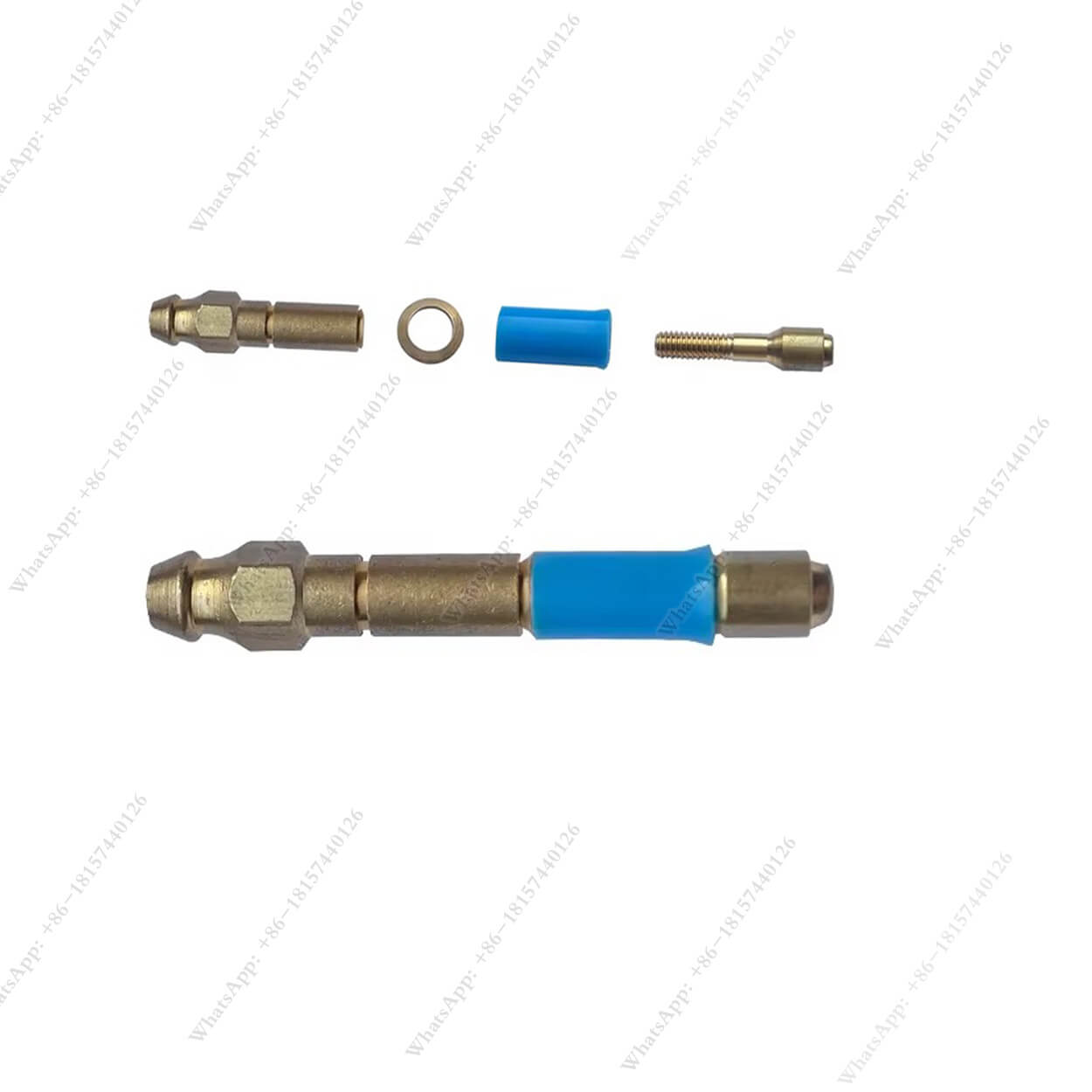The Advantages of Chemical Grouting: Strengthening Structures for a Safer Future
Table of Contents
Summary
This process, which involves injecting specialized chemicals into the ground or structure, has a range of applications in construction, particularly for areas with unstable soil or water leakage issues. In this guide, we’ll explore what chemical grouting is, the types of chemicals used, and the benefits of chemical grouting for structural and environmental stability. Whether you’re a contractor, engineer, or property owner, understanding the advantages of chemical grouting can help you make informed decisions in construction and repair projects.
What is Chemical Grouting?
Chemical grouting is a technique used in construction to improve the strength and stability of soil and structures. This method involves injecting chemical solutions into voids, cracks, or soil layers, which then harden to form a solid mass. Unlike traditional cement grouting, chemical grouting offers flexibility and control, allowing contractors to target specific areas with precision.
Chemical grouting is frequently used to:
- Stabilize weak soilsand prevent settlement issues.
- Seal cracks and voidsin structures to stop water infiltration.
- Strengthen foundationsfor buildings, bridges, tunnels, and dams.
The main chemicals used in grouting are polyurethane, acrylic, sodium silicate, and epoxy—each selected based on the application requirements and environmental conditions.
Understanding the Purpose of Chemical Grouting
Chemical grouting serves various purposes, from improving soil stability to waterproofing structures. Here’s why chemical grouting is essential in construction:
- Preventing Water Leakage: Chemical grouting is particularly useful for waterproofing underground structures, including tunnelsand basements, where water intrusion can cause damage.
- Strengthening Soils: Certain soils, especially those with high moisture or low density, lack the strength to support structures. Chemical grouting stabilizes these soils, making them suitable for heavy construction.
Enhancing Structural Integrity: By filling voids and cracks, chemical grout improves the durability and resilience of concrete and masonry structures, extending their lifespan
Types of Chemical Grouting Methods
Several types of chemical grouting methods exist, each suited to different applications and project needs:
- Permeation Grouting: This involves injecting low-viscosity chemicals that permeate soil or rock, strengthening it without disturbing the ground structure. It’s commonly used to stabilize foundations and prevent soil erosion.
- Compaction Grouting: Chemical grout is injected at high pressure to compress and densify loose soil. It’s often used under foundations to minimize settlement.
- Fracture Grouting: In this method, grout is injected to create fractures in soil or rock, which are then filled with chemical grout to improve stability.
These methods allow engineers to customize the grouting approach based on soil composition, project specifications, and environmental conditions
Advantages of Chemical Grouting for Soil Stability
One of the most significant advantages of chemical grout is its ability to stabilize loose or weak soils:
- Increased Load-Bearing Capacity: Chemical grouting improves soil density, allowing it to support heavier structures without settling.
- Reduced Soil Erosion: By binding particles together, chemical grout reduces the risk of erosion, especially in areas with high water flow.
- Adaptability to Different Soil Types: Chemical grouting is effective in a range of soils, from sandy to clay-rich compositions.
The result is a safer and more durable foundation that minimizes risks associated with soil movement and settlement.
How Chemical Grout Works in Sealing and Waterproofing
Chemical grouting is a popular method for waterproofing basements, tunnels, and other underground structures. When injected into cracks or voids, the chemical grout hardens to create an impermeable barrier, blocking water from entering.
Key Benefits of Chemical Grout for Waterproofing:
- Effective Leak Sealing: The grout fills even the smallest cracks, providing a long-lasting seal against water.
- Flexibility in Harsh Environments: Chemical grout can withstand high moisture levels, making it ideal for damp or wet environments.
- Compatibility with Other Waterproofing Systems: Chemical grouting can be used alongside drainage systemsand membranes for comprehensive waterproofing.
The flexibility of chemical grout allows it to adapt to structural movements, preventing future leaks and ensuring the structure remains dry.
Types of Chemical Grouts Used in Construction
Different types of chemical grouts are used depending on the project requirements:
- Polyurethane Grout: Ideal for waterproofing and sealing, polyurethane grout expands upon contact with water, effectively filling cracks and voids.
- Acrylic Grout: Known for its low viscosity, acrylic grout is used in permeation grouting to stabilize soil without affecting its natural structure.
- Sodium Silicate Grout: Often used for soil stabilization, sodium silicate is cost-effective and offers moderate strength.
- Epoxy Grout: Epoxy is highly durable and suitable for structural repairs, providing strong adhesion to concrete and masonry.
These grouts offer unique properties, allowing for customized solutions to meet specific project needs.
Applications of Chemical Grouting in Construction Projects
Chemical grouting has a wide range of applications, including:
- Foundation Stabilization: Stabilizes soil under structures to prevent settlement and improve load-bearing capacity.
- Tunnel Waterproofing: Seals leaks and stabilizes soils around tunnels, protecting against water ingress.
Soil Compaction: Densifies loose soils under roads, buildings, and infrastructure, preventing future settlement
Case Study: Chemical Grouting in Flood-Prone Areas
In areas prone to flooding, chemical grouting is used to reinforce dikes, levees, and embankments. By stabilizing soil and creating waterproof barriers, chemical grout helps prevent erosion and water infiltration during heavy rains
Comparing Chemical Grouting with Cement Grouting
While both chemical and cement grouting are used to stabilize soil and repair structures, each has its advantages:
Grouting Type | Applications | Advantages |
Chemical Grouting | Soil stabilization, waterproofing | High precision, flexibility, quick setting |
Cement Grouting | Large voids, basic soil stabilization | Cost-effective, suitable for large cracks |
Chemical grouting is often chosen for projects requiring precision, such as underground repairs and soil strengthening in delicate environments, whereas cement grouting is preferred for filling larger voids in non-pressurized areas.
Conclusion
Chemical grouting offers a powerful and cost-effective solution for soil stabilization, waterproofing, and enhancing structural integrity. Its versatility and adaptability make it ideal for a range of projects, from preventing water infiltration to reinforcing foundations. By choosing chemical grouting, construction and repair projects can benefit from increased durability, minimized risks, and improved longevity, ensuring stable and resilient structures
Comments

How to Measure a Button Head Grease Fitting: A Complete Guide
Button head grease fittings are widely used in heavy machinery and industrial applications, ensuring that grease is delivered effectively to vital components.
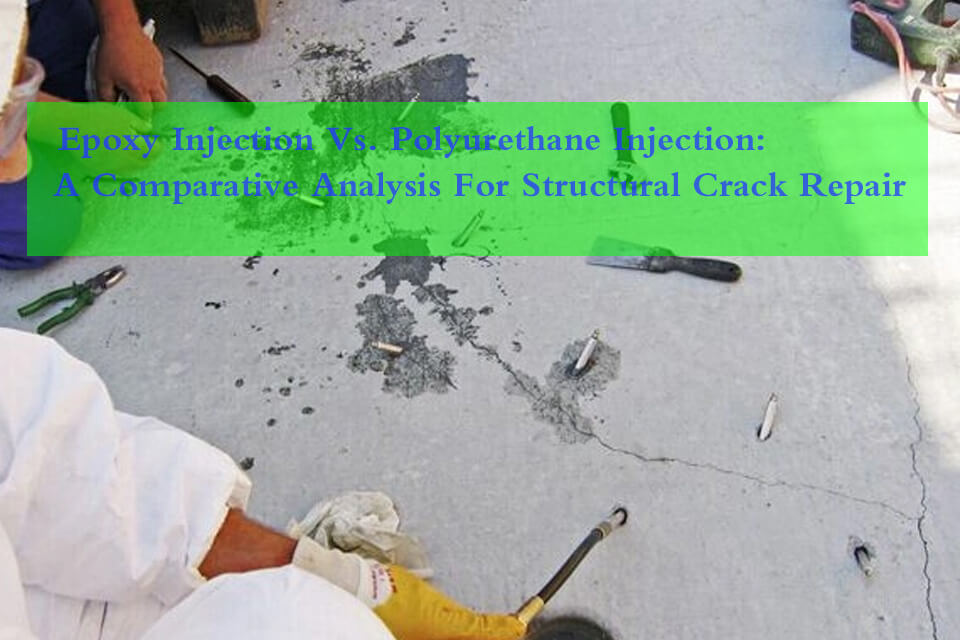
Epoxy Injection vs. Polyurethane Injection: A Comparative Analysis for Structural Crack Repair
Epoxy injection and polyurethane injection are two widely used methods for repairing cracks in concrete structures, each distinguished by its unique chemical properties and applications.
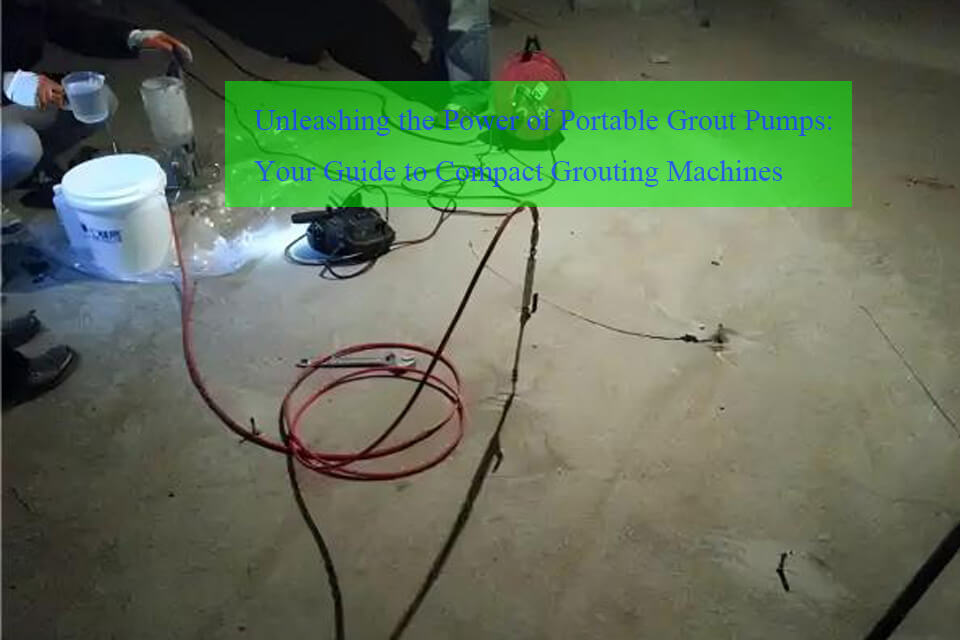
Unleashing the Power of Portable Grout Pumps: Your Guide to Compact Grouting Machines
Looking to tackle a construction project that involves grouting but worried about heavy equipment? Discover how portable grout pumps can revolutionize your work!
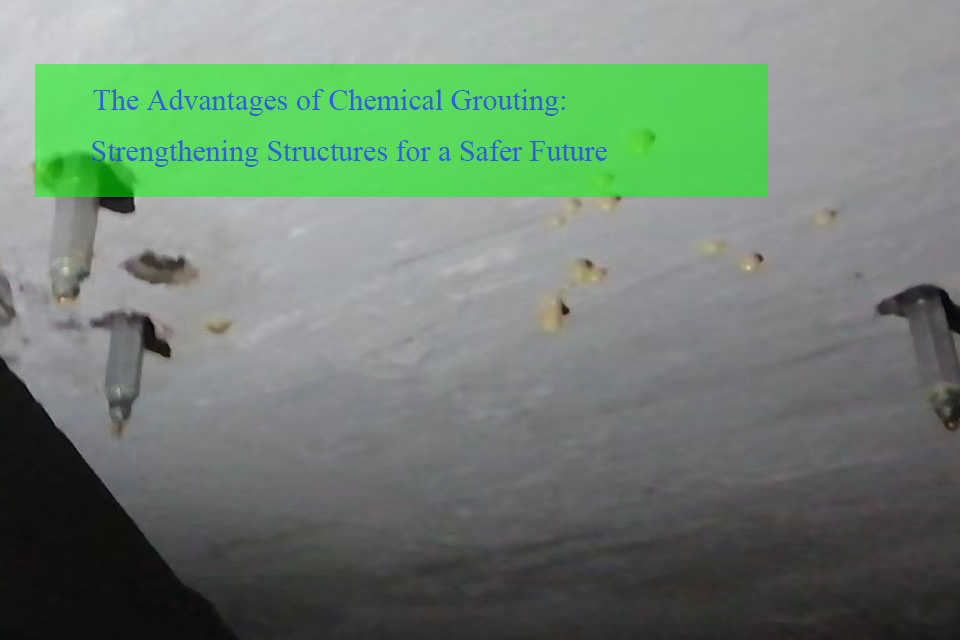
The Advantages of Chemical Grouting: Strengthening Structures for a Safer Future
Chemical grouting is a powerful and versatile solution for strengthening soil, sealing leaks, and stabilizing foundations in challenging construction environments.
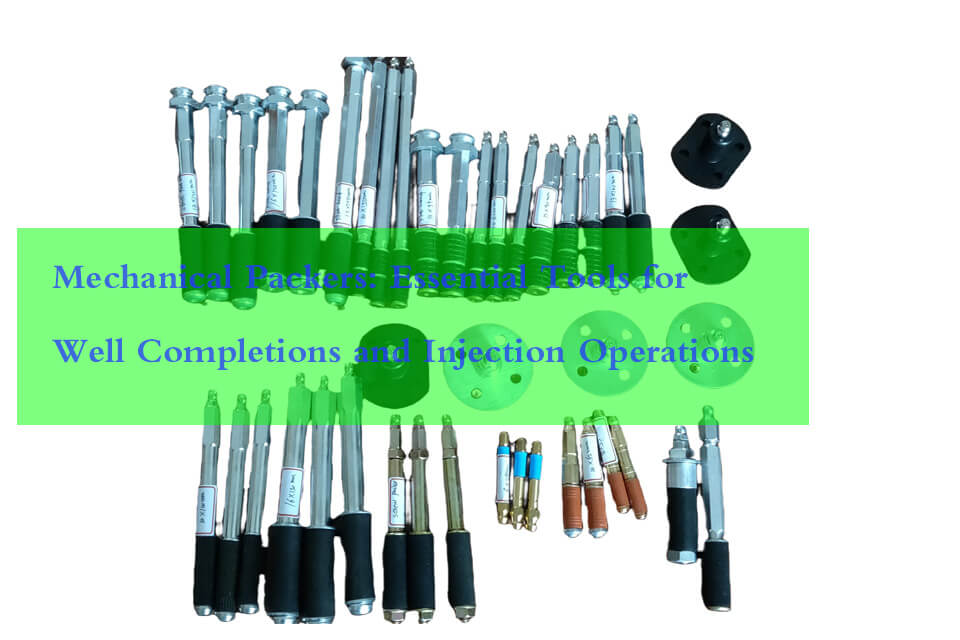
Mechanical Packers: Essential Tools for Well Completions and Injection Operations
Mechanical packers play a crucial role in well completions and injection operations across various industries.
- [email protected]
- +86 18157440126
- Mon-Sun 8:00-21:00
Tags

How to Measure a Button Head Grease Fitting: A Complete Guide
Button head grease fittings are widely used in heavy machinery and industrial applications, ensuring that grease is delivered effectively to vital components.
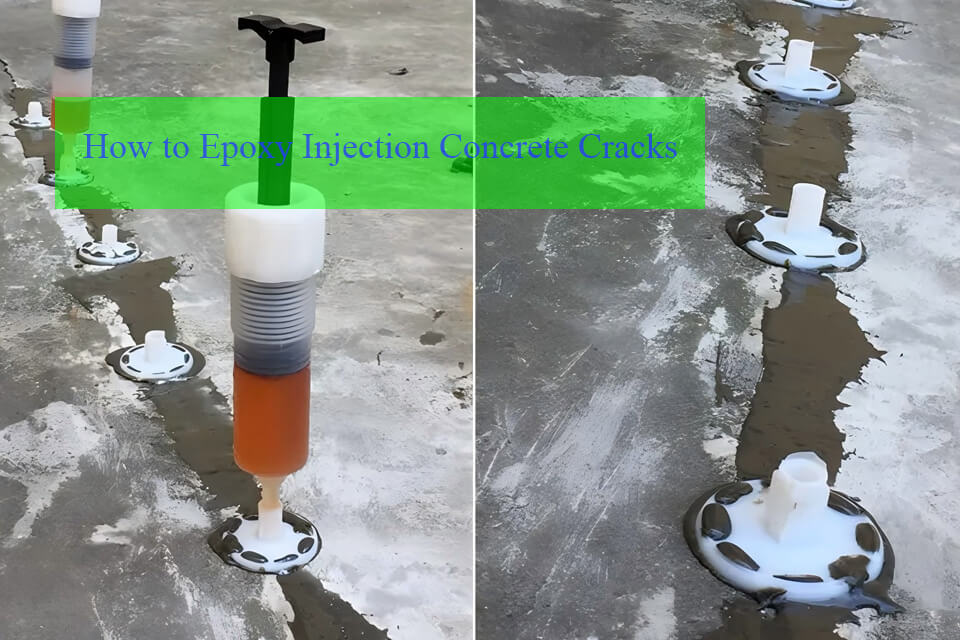
How to Epoxy Injection Concrete Cracks: A Comprehensive Guide
Concrete structures are prone to cracking over time due to various factors such as natural settling, temperature changes, and heavy loads.
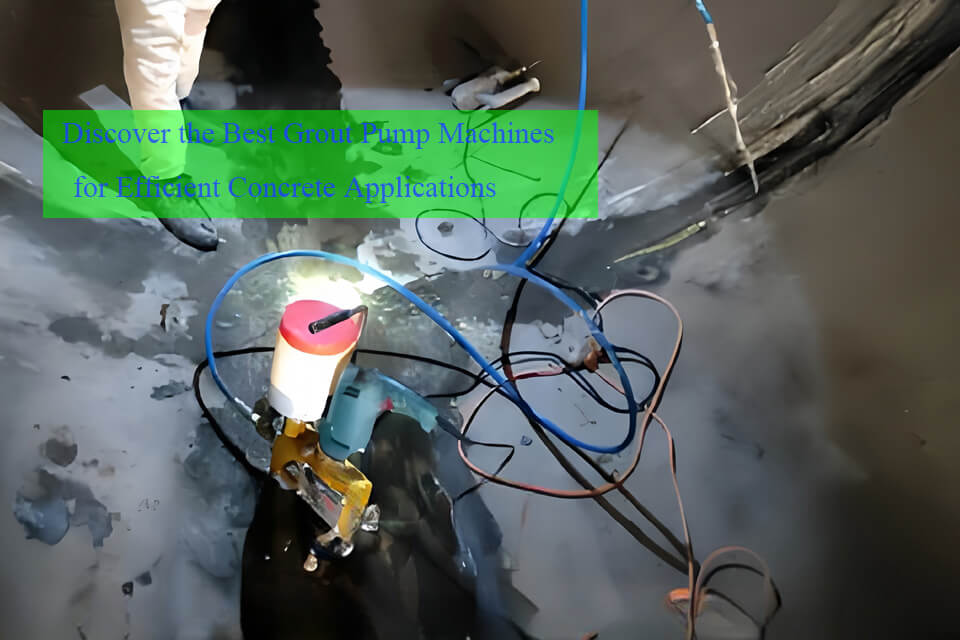
Discover the Best Grout Pump Machines for Efficient Concrete Applications
Grout pump machines are essential tools in construction, helping workers fill gaps and strengthen structures.

